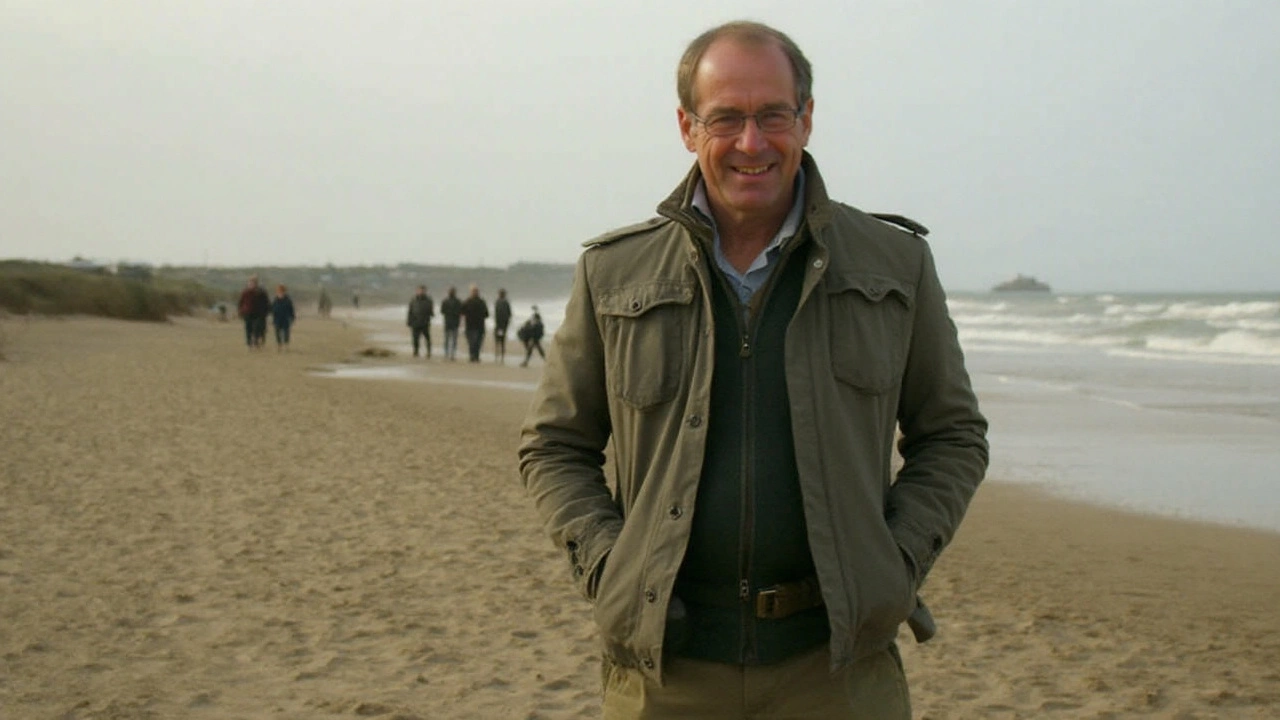Scottish Outdoor Access Code – Simple Tips for Campers and Motorhome Travelers
If you’re planning a road trip through the Highlands or a weekend camp by a loch, the Scottish Outdoor Access Code is the rule‑book you need. It’s not a strict law, but a set of rights and responsibilities that let you enjoy the countryside without causing problems. Below you’ll find the key points you should know before you roll in your motorhome or pitch a tent.
What the Code Allows You to Do
In Scotland you have the right to walk, bike, horse‑ride and even camp on most uncultivated land. That means you can set up a bivvy for a night in many beautiful spots, as long as you follow three simple rules: respect the land, respect the people, and respect the environment. Your motorhome can park on a designated lay‑by or a campsite, but you must avoid private driveways, gardens, or areas marked “no parking.”
When you’re on foot, you can camp for a single night in a remote area if there’s no obvious sign that the land is privately owned. Keep a low profile: a small tent, a mat, and a sleeping bag are fine. If you’re in a motorhome, limit yourself to official motorhome sites or caravan parks unless the owner gives you permission to stay a night on their land.
How to Stay Legal and Respectful
First, always check for signs. A “No Camping” sign or a locked gate means you need to find another spot. Second, leave no trace. Pack out everything you bring in, especially litter and food scraps that can attract wildlife. Third, keep noise down, especially after dark – the locals appreciate a quiet night as much as you do.
Fire safety matters, too. Open fires are only allowed in designated fire pits or where local bylaws permit them. In most wild areas, a small gas stove is the safest option. If you do use a stove, make sure you’re on solid ground and that the wind won’t blow flames onto dry vegetation.
Respect wildlife by keeping a safe distance. Don’t feed birds or deer – it disrupts their natural habits. If you spot livestock, stay at least 30 metres away and never approach the animals.
Finally, be mindful of landowners. If you see a fence, a gate, or a farmer’s sign, assume it’s private property. A quick knock on the door or a polite “May I camp here for a night?” can go a long way. Most owners are friendly if you’re courteous.
Following these easy guidelines means you can enjoy Scotland’s stunning scenery while staying on the right side of the law. Whether you’re in a compact campervan or a full‑size motorhome, the Outdoor Access Code gives you freedom – as long as you act responsibly.
Plan your route, pick your spots, and pack smart. With the right preparation, the Scottish countryside becomes your playground, not a legal headache. Happy travels!
Can You Sleep in a Tent on a UK Beach? Laws, Fines & Safer Options (2025)
Can you sleep in a tent on a UK beach? Here’s what the law says in 2025, where it’s allowed, fines, safety, and smart alternatives that won’t ruin your trip.
